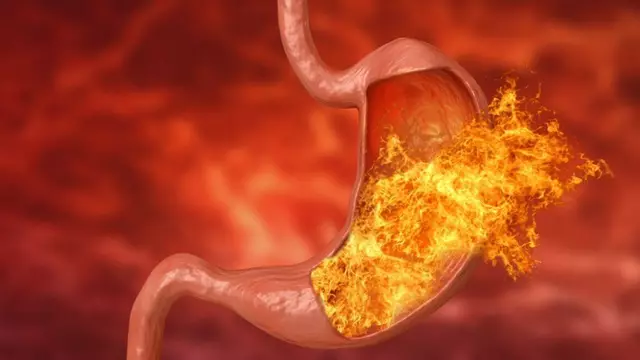Diuretics: what they do and how to use them safely
If you’ve been told to try a diuretic, you probably want straight answers: what it does, which type you might get, and what to watch for. Diuretics—often called water pills—help your body remove extra salt and water through urine. Doctors prescribe them for high blood pressure, swelling from heart or liver problems, certain kidney conditions, and to reduce the chance of kidney stones in some cases.
Types of diuretics and common drugs
There are three main groups you’ll hear about. Thiazide diuretics (like hydrochlorothiazide and chlorthalidone) are common for long-term blood pressure control. Loop diuretics (furosemide, bumetanide) remove large amounts of fluid quickly and are used for heart failure or severe swelling. Potassium-sparing diuretics (spironolactone, amiloride) are weaker but help keep potassium from dropping too low. Your doctor picks one based on your condition, other medicines, and lab tests.
What to watch for — side effects and interactions
Diuretics work well but can cause effects you need to notice. Low potassium or sodium can cause weakness, cramps, or an irregular heartbeat. Dehydration may cause dizziness or lightheadedness, especially when you stand up fast. Loop diuretics can raise uric acid (gout risk) and affect hearing at very high doses. Some thiazides slightly raise blood sugar or cholesterol.
Drug interactions matter. Diuretics can increase lithium levels, reduce the effect of NSAIDs, and add to blood-pressure-lowering effects when combined with ACE inhibitors, ARBs, or other antihypertensives. Always tell your prescriber every medicine and supplement you take.
Want practical tips? Take diuretics in the morning so you don’t wake up at night to urinate. Weigh yourself daily—sudden weight gain or loss is a useful signal. Get blood tests as your doctor orders to check electrolytes and kidney function. Don’t stop a prescribed diuretic suddenly without checking; abrupt changes can be risky, especially with heart conditions.
If you prefer natural options, caffeine and some herbs (dandelion, green tea) can act as mild diuretics, but they don’t replace prescription treatment and can still affect electrolytes or interact with drugs.
Call your doctor or go to urgent care if you faint, have severe muscle cramps, chest pain, extreme thirst, very low urine output, or sudden swelling that gets worse. Those signs need quick checks of electrolytes and kidney function.
Diuretics are powerful tools when used correctly. Know which type you’re prescribed, follow simple daily checks, and keep up with lab tests. That way you get the benefit—less fluid and better blood pressure—without avoidable problems.

- Jun 28, 2025
- Posted by Cillian Osterfield
Torsemide: Benefits, Dosage, Side Effects, and Tips for Safe Use
Clear, practical guide to torsemide use. Learn its benefits, dosages, real risks, and side effects for heart and kidney health. UK/NZ perspective.
Categories
- Health and Wellness (71)
- Medications (68)
- Health and Medicine (28)
- Pharmacy Services (12)
- Mental Health (9)
- Health and Career (2)
- Medical Research (2)
- Business and Finance (2)
- Health Information (2)
Latest Posts
©2026 heydoctor.su. All rights reserved





